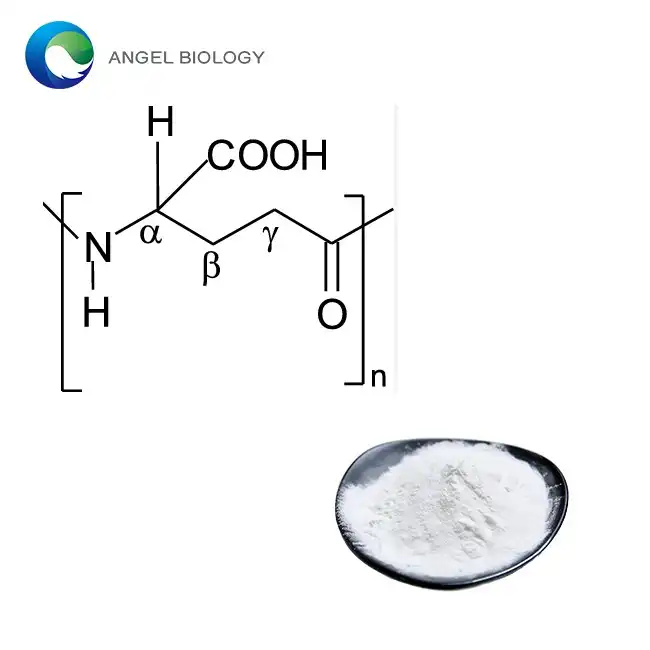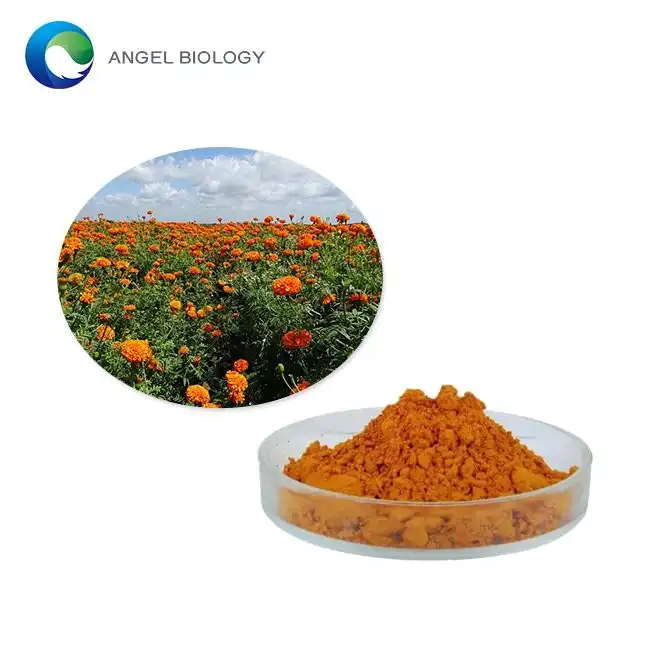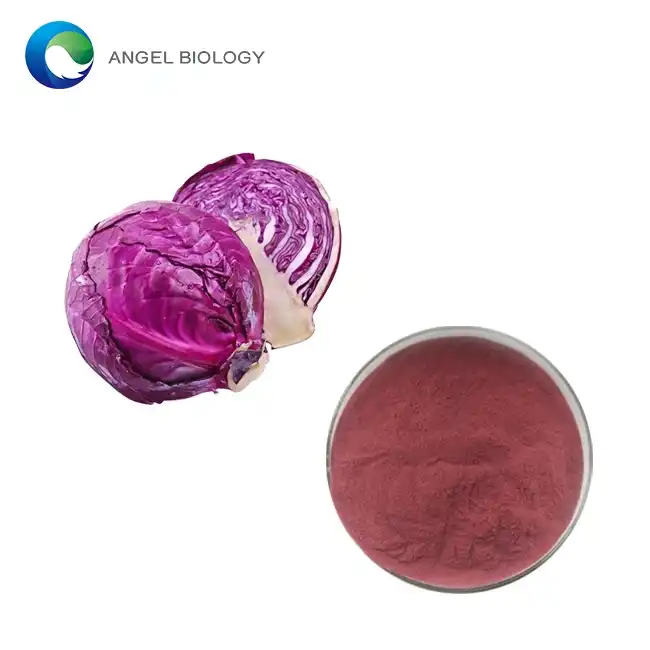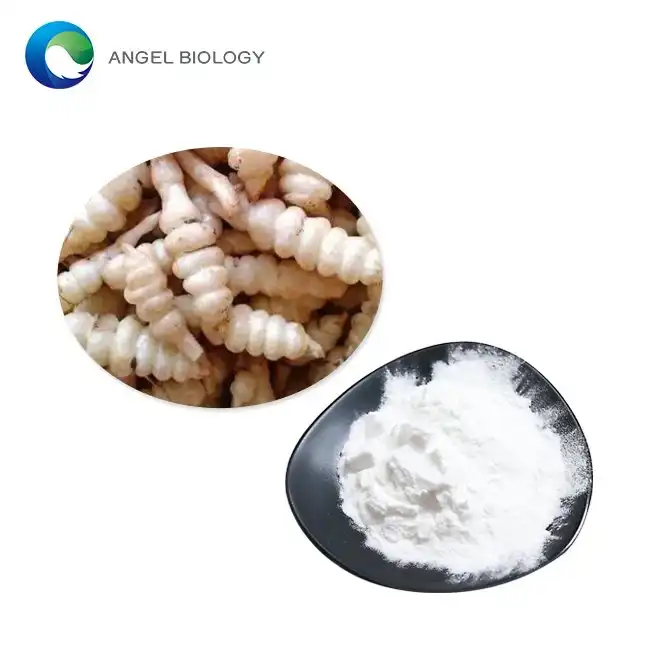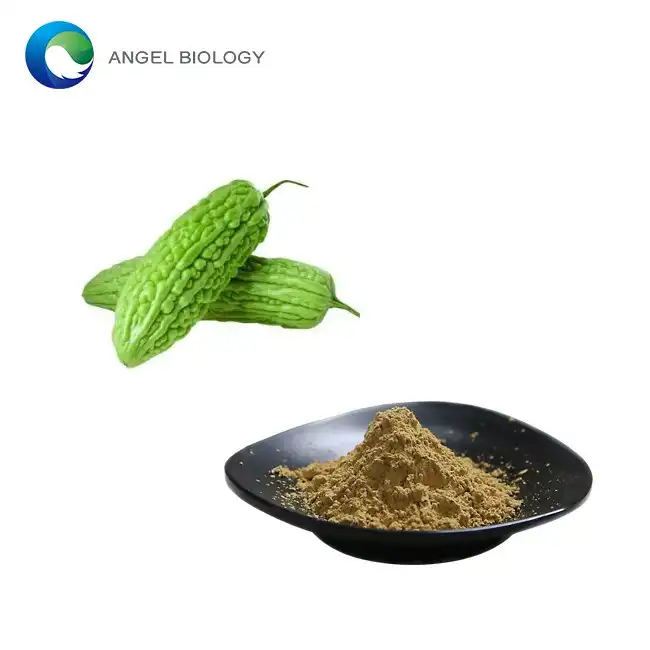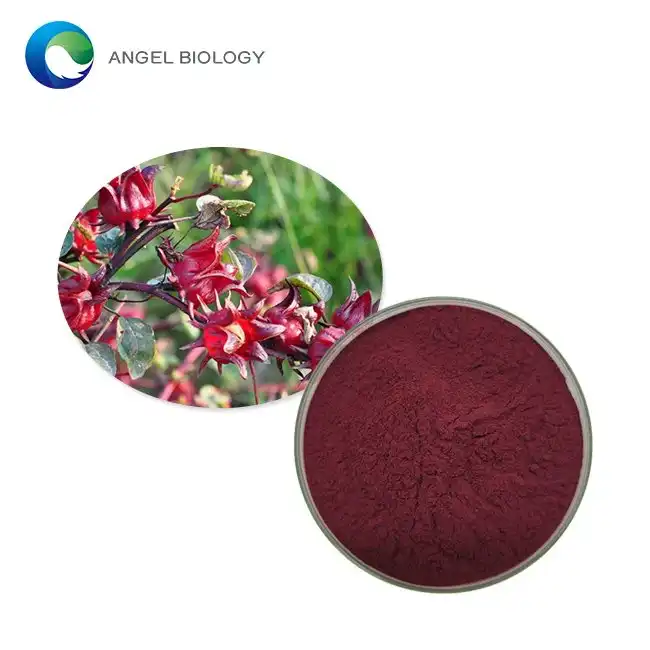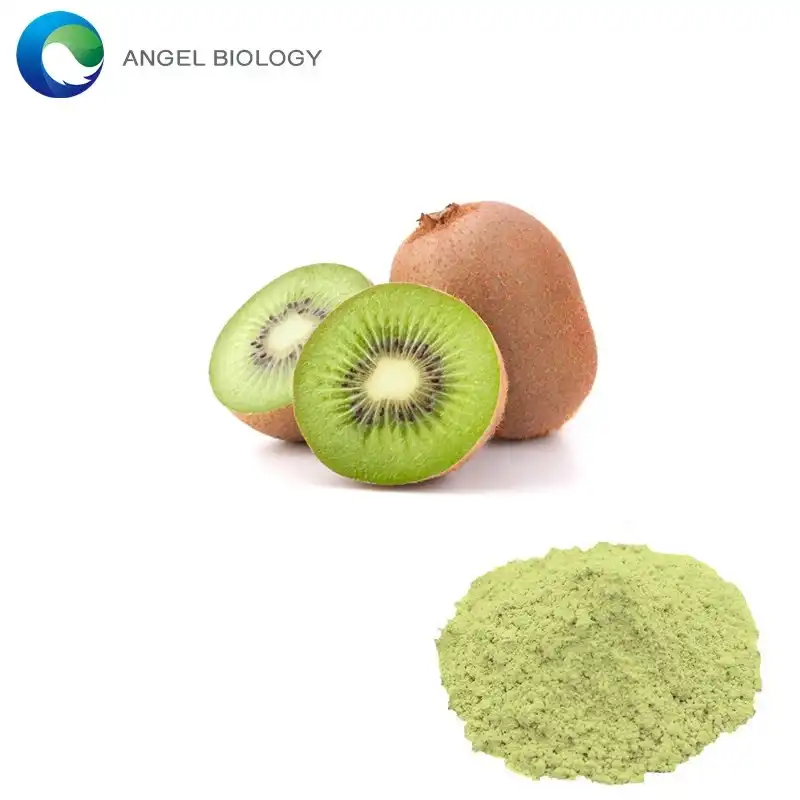How Much Maca Extract Powder Should I Take Daily?
Maca extract powder has emerged as a powerful superfood with a rich history of traditional use and growing scientific interest. As more people seek natural ways to enhance their health and well-being, understanding the appropriate daily intake of this remarkable root becomes crucial. This comprehensive guide will explore the nuanced world of maca extract powder, providing insights into its optimal dosage, potential benefits, and holistic wellness support.
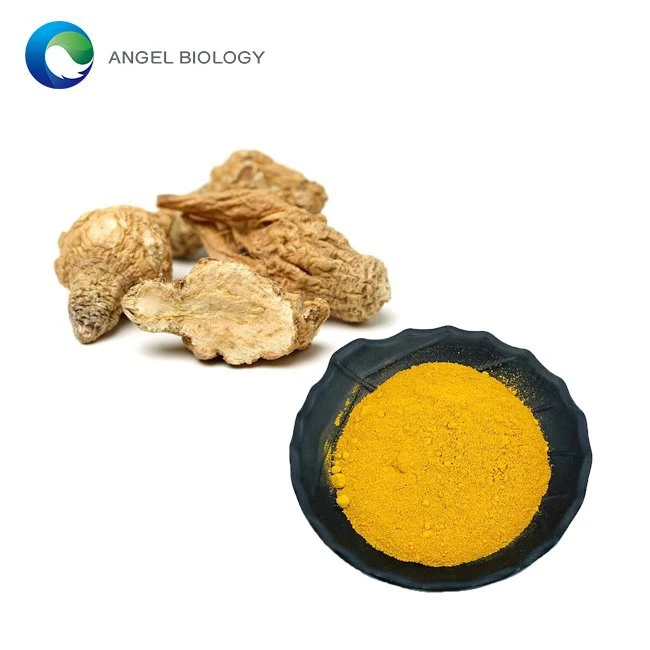
Maca Extract Powder
Plant source: Lepidium meyenii Walp
CASNo.: 847361-88-0
Molecular formula: C25H39NO2
Specification: 5:1, 10:1, 20:1, 30:1, etc.
Part used: Root
Appearance: Yellow fine powder
Test method: TLC
Stability: Stable
Storage: Cool and dry place
Shelf life: 2 years
Certifications: ISO9001, Kosher,Halal, FDA, IFEAT
Packing Size: 25kg/drum
Delivery Terms: EXW, FOB, CIP, CIF, DAP
Transportation: Courier, Air, Ocean
Payment Terms: T/T preferred
Delivery: Ready stock, Prompt and Secure Shipment
Free Sample: Available
OEM/ODM: Available
MOQ: 25kg
Discount for large orders
Not for Private Person Sale
What Are the Optimal Dosage Recommendations for Maca Extract Powder?
Determining the right dosage of maca extract powder is a complex process that depends on multiple factors, including individual health goals, body composition, and overall health status. Extensive research and traditional wisdom suggest that the optimal daily intake typically ranges between 1.5 to 3 grams of high-quality maca extract powder. However, this is not a one-size-fits-all recommendation, and several critical considerations come into play when establishing the most appropriate dosage for an individual.
Clinical studies have demonstrated varying dosage protocols, with some research focusing on specific health outcomes. For instance, studies examining reproductive health and hormonal balance have utilized doses around 2-3 grams per day, while those investigating athletic performance and energy levels have explored ranges between 2-4 grams daily. The concentration of the extract plays a significant role in determining the exact amount one should consume.
Experts recommend starting with a lower dosage and gradually increasing it to allow your body to adapt. A typical approach might involve beginning with 1 gram per day and slowly increasing to 2-3 grams over several weeks. This methodical approach helps minimize potential digestive discomfort and allows individuals to assess their body's response to maca extract powder.
The form of maca extract also influences dosage recommendations. Powdered maca, gelatinized maca, and concentrated extracts may have different potency levels, requiring adjusted intake amounts. Gelatinized maca, which undergoes a process that breaks down starches, is often more concentrated and may require a slightly lower dosage compared to traditional raw powder.
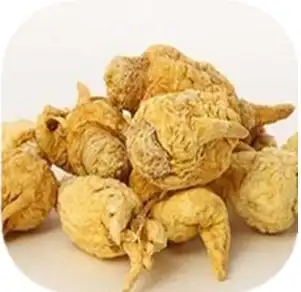
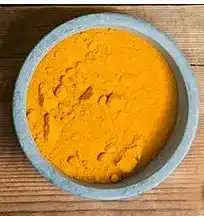
Can Maca Extract Powder Improve Your Energy and Hormonal Balance?
Maca extract powder has garnered significant attention for its potential to support energy levels and hormonal equilibrium. Unlike synthetic supplements, this natural root offers a holistic approach to addressing various physiological challenges, particularly those related to endocrine function and metabolic processes.
The adaptogenic properties of maca make it particularly intriguing for individuals seeking natural ways to manage stress and support hormonal health. Research suggests that maca may interact with the hypothalamic-pituitary-adrenal (HPA) axis, helping the body adapt to various stressors and maintain homeostasis. This mechanism potentially explains the reported improvements in energy, mood, and overall vitality experienced by many users.
For men, maca extract powder has shown promising results in supporting testosterone levels and reproductive health. Several studies have indicated potential improvements in sperm count, motility, and sexual function. The root's rich nutritional profile, including essential amino acids, minerals, and vitamins, contributes to its comprehensive approach to male reproductive wellness.
Women experiencing hormonal fluctuations, particularly during perimenopause and menopause, may find maca extract powder beneficial. The root's potential to support estrogen and progesterone balance has been explored in multiple research studies. Some women report reduced menopausal symptoms such as hot flashes, mood swings, and sleep disturbances after incorporating maca into their daily regimen.
Athletes and individuals with high-performance demands have also embraced maca extract powder for its potential energy-enhancing properties. The root's complex nutritional composition, including B-vitamins, iron, and protein, may contribute to improved stamina, endurance, and recovery. Some studies suggest that maca could help reduce exercise-induced fatigue and support muscle strength.
How Does Maca Extract Powder Support Overall Wellness?
The holistic wellness potential of maca extract powder extends far beyond its immediate physiological effects. This remarkable root represents a comprehensive approach to health that encompasses nutritional support, potential disease prevention, and overall vitality enhancement.
Nutritional analysis reveals that maca is a nutritional powerhouse, containing an impressive array of macronutrients and micronutrients. The root is rich in essential amino acids, making it a complete protein source rare among plant-based foods. Additionally, it provides significant quantities of vitamins and minerals, including vitamin C, copper, iron, and potassium, which play crucial roles in numerous bodily functions.
making it a complete protein source rare among plant-based foods. Additionally, it provides significant quantities of vitamins and minerals, including vitamin C, copper, iron, and potassium, which play crucial roles in numerous bodily functions.
Emerging research has explored maca's potential antioxidant properties, suggesting it may help combat oxidative stress and support cellular health. The root contains various phenolic compounds and other bioactive molecules that could contribute to reducing inflammation and protecting against cellular damage. While more comprehensive studies are needed, initial findings are promising.
Cognitive function represents another fascinating area of maca extract powder research. Some studies suggest that the root's nutritional composition might support brain health, potentially improving memory, focus, and mental clarity. The combination of vitamins, minerals, and unique plant compounds could contribute to neurological wellness and cognitive resilience.
Immune system support is another potential benefit associated with regular maca extract powder consumption. The root's nutritional profile, including zinc, vitamin C, and other immune-modulating compounds, may help strengthen the body's natural defense mechanisms. By providing essential nutrients and supporting overall metabolic function, maca could play a role in maintaining robust immune responses.
Angelbio: Pioneering Natural Ingredients for Health and Wellness
Angelbio is an innovative enterprise jointly invested by Angel Holding Group and the Institute of Life and Health Research of Xi'an Jiaotong University, dedicated to the research and development, production, and sales of natural ingredients for healthy food, nutritional supplements, cosmetics, personal care products, pharmacy, as well as the flavor and fragrance industries. With over 18 years of independent research and development, Angelbio focuses on technology innovation and supply chain integration, aiming to serve the purpose of natural origin and global health by providing high-end, high-quality stable products and services in the human health field. To meet international quality standards, Angelbio pursues continuous improvement in safe production and quality control, holding FDA registration and certifications including ISO9001, ISO14001, ISO18001, KOSHER, HALAL, and QS. Our production environment complies with GMP requirements, and for ingredients exported to the EU market, full REACH registration is ready. Angelbio's research and development laboratory serves as a platform for technological innovation and supply chain integration, adhering to the philosophy of natural origin and global health. As a trusted China Maca Extract Powder manufacturer, our products are highly esteemed by customers. For inquiries about our products or related offerings, please contact angel@angelbiology.com for wholehearted service.
References:
1. Gonzales, G.F. (2012). Ethnobiology and Ethnopharmacology of Lepidium meyenii (Maca), a Plant from the Peruvian Highlands. Evidence-Based Complementary and Alternative Medicine.
2. Meissner, H.O., et al. (2006). Use of gelatinized maca in early postmenopausal women. International Journal of Biomedical Science.
3. Dording, C.M., et al. (2008). A double-blind, randomized, placebo-controlled trial of maca root as treatment for antidepressant-induced sexual dysfunction. CNS Neuroscience & Therapeutics.
4. Sandoval, M., et al. (2002). Antioxidant activity of the cruciferous vegetable Maca (Lepidium meyenii). Food Chemistry.
5. Rubio, J., et al. (2006). Effect of three different cultivation conditions on the alkaloid contents of Maca (Lepidium meyenii Walp.). Pharmaceutical Biology.
6. Valentova, K., et al. (2006). Maca (Lepidium meyenii) as a plant source of essential amino acids, vitamins, and minerals. Czech Journal of Food Sciences.
7. Wang, Y., et al. (2007). Maca: An Andean Crop with Multi-Pharmacological Functions. Food Reviews International.
8. Chacon, G.D. (1990). Ethnobotanical study of maca: Its importance in the nutrition and culture of the Peruvian central Andes. Master's thesis, University of San Marcos.
9. Zheng, B.L., et al. (2000). Effect of a lipidic extract from lepidium meyenii on sexual behavior in mice and rats. Urology.
10. Hermann, M. (2006). The Peruvian Magic Plant Maca. Journal of Ethnopharmacology.



